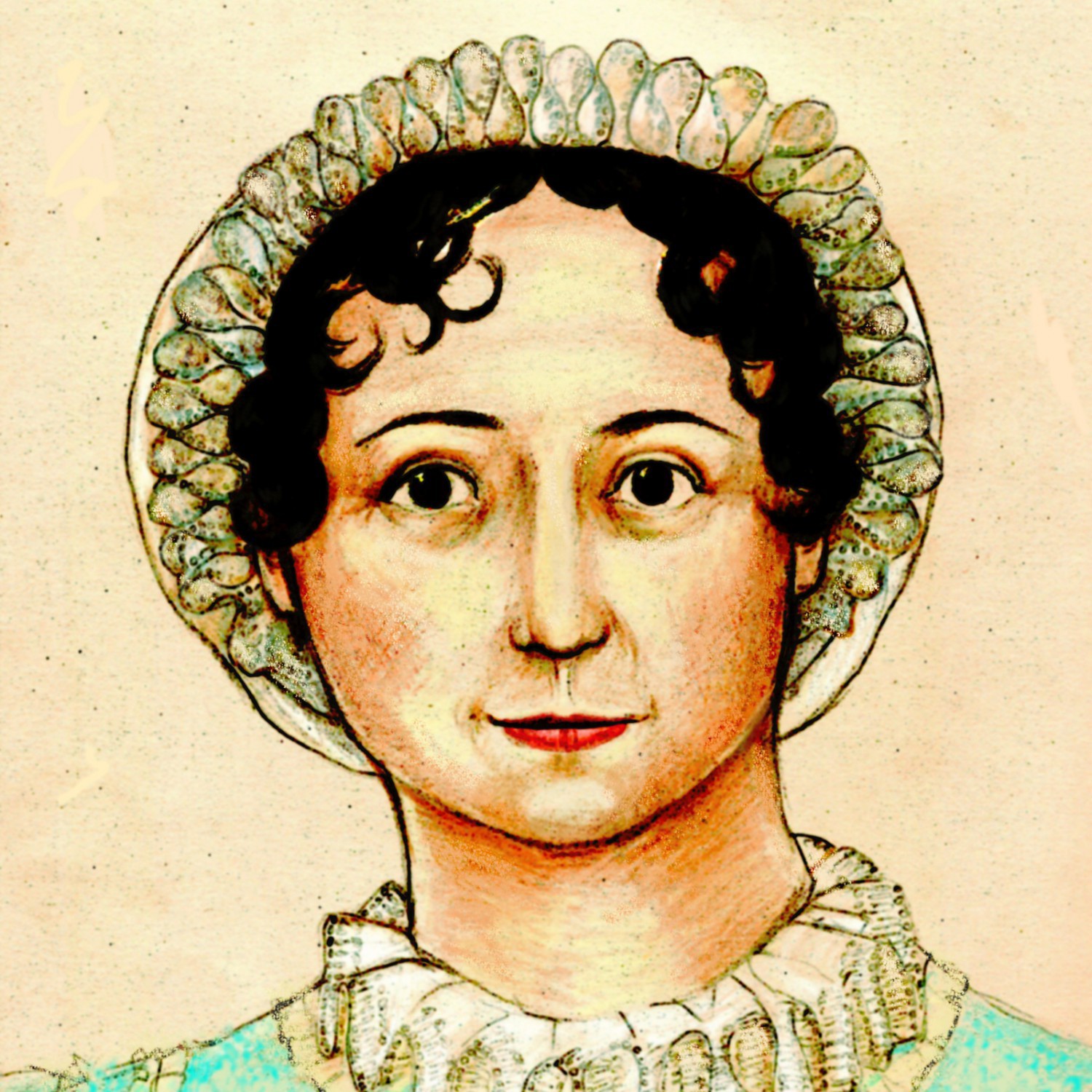“The process by which academic critics deprecate Austenian admirers outside the academy is very similar to the way…trekkies, fans, and mass media enthusiasts are derided and marginalized by dominant cultural institutions bent on legitimizing their own objects and protocols of expertise.” – Claudia L. Johnson, “Austen cults and cultures,” The Cambridge Companion to Jane Austen
5 thoughts on “Quotable”
Comments are closed.

It should be noted that Dr. Johnson is herself an academic. I have also encountered many interesting, friendly, and warm academics in the Janeite world, who have not deprecated my odd fandom enjoyments (at least not to my face) except an occasional disapproval of my writing fan fiction.
LikeLike
I feel like that quote was true where I was. In addition, I noticed that there were not very many good, new, or relevant scholarly articles on Jane Austen for most of the work I was doing in my Austen seminar because the field itself is dwindling in the academe. That is why I would not become an Austen scholar. When I was in school, my advisers taught that if Austen was your favorite author, then you had better supplement your scholarship with gender theory or at least another time period so you had something that could help you stand out. Austen scholarship has become somewhat redundant, but if other areas of expertise have been added, ( like 19th century, trans-nationalism, modernism, critical theory, etc.) if you want to be taken more seriously. Since there are so many Austen fans who write on Austen already, it may be more difficult with scholars to come up with something new.
That attitude towards Austen studies saddened me, but may also explain some of individual pressure academics feel to legitimize “their own objects and protocols of expertise.” I feel less that this is an “institutional” problem in the academe and more of a survival technique of some trying to legitimize their own scholarship. It is not that academics dislike Austen fans- it is just that their success depends on the way their work stands out from the pool of other commentators. After all, most Austen scholars were originally Austen fans. Opening academic conferences and minimal publishing space to the public or to non-standard scholars may make it even harder for Austen scholars, so I can imagine where some backlash might take place.
LikeLike
That’s really interesting–thanks for your perspective. With JASNA, at least, the organization was always meant to be a more general organization for Austen enthusiasts. If you read the early issues of Persuasions, the approach is anything but scholarly. It’s intelligent and literate, but not scholarly. And even now, it’s pretty rare for Persuasions essays to have a lot of academic jargon. They are written for the most part for a general audience. But I think when people who are used to “real” academic conferences come to JASNA meetings, they may be a little taken aback, because they’ve made certain incorrect assumptions. I don’t know where else the two groups would cross over, much.
LikeLike
Once, many many years ago, I was walking across a crowded cafeteria at my alma mater, when I overheard a snatch of conversation that has stayed with me ever since. A young man was enthusiastically giving his theory as a mathematical formula: “As area of specialization approaches zero, competence approaches one (i.e. 100%). For instance, you could write a thesis on comma errors in second editions of Jane Austen novels.”
I’m pretty sure by now, someone has!
LikeLike
I’m pretty sure, too! (but he’s right)
LikeLike